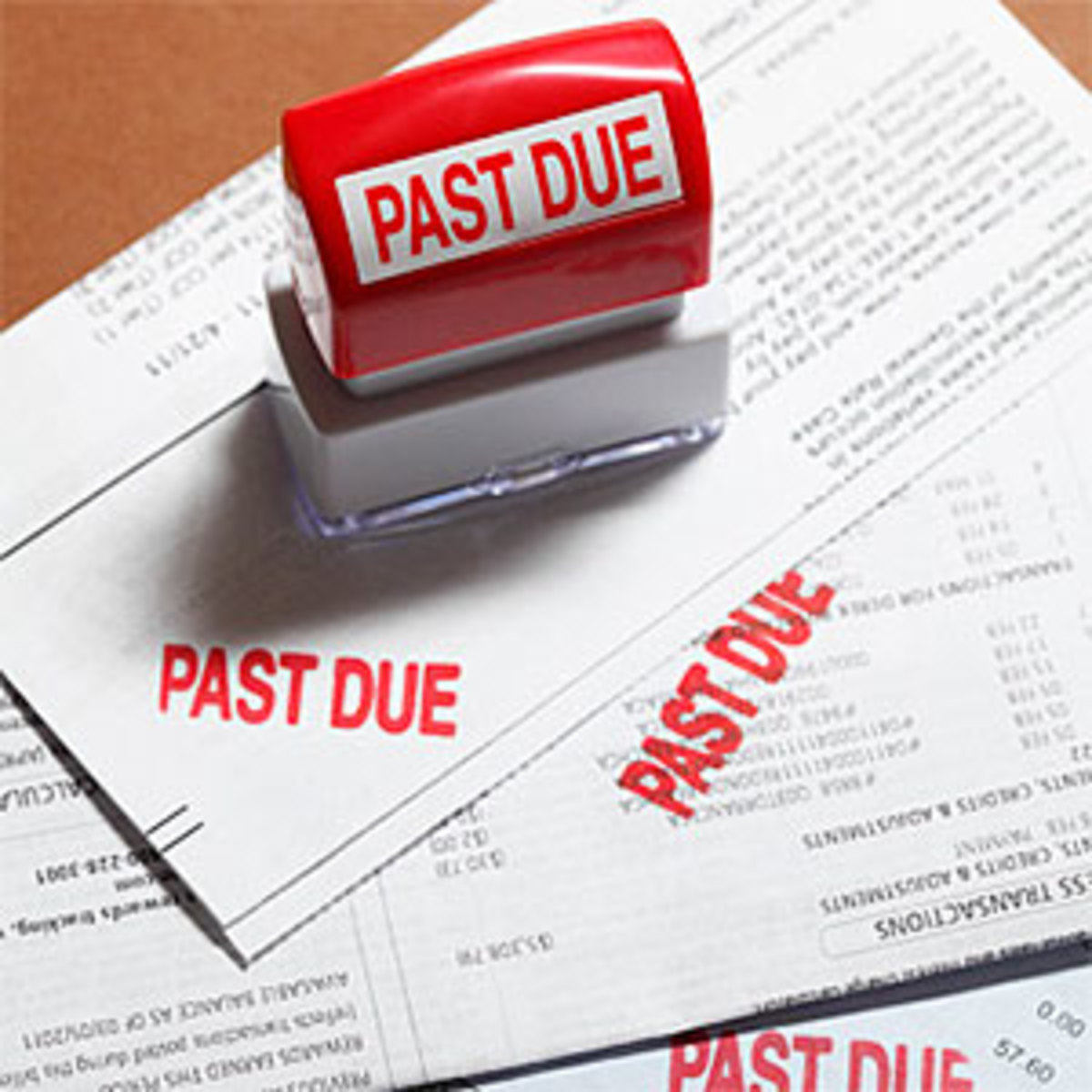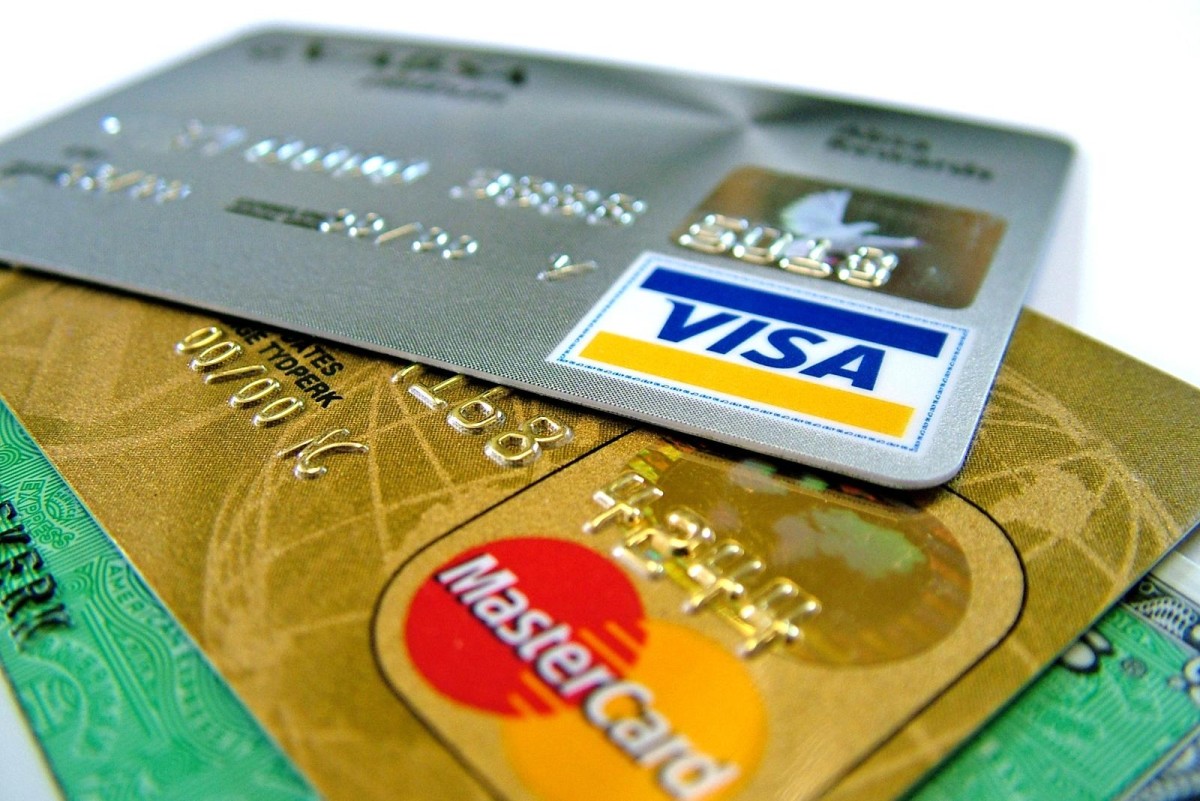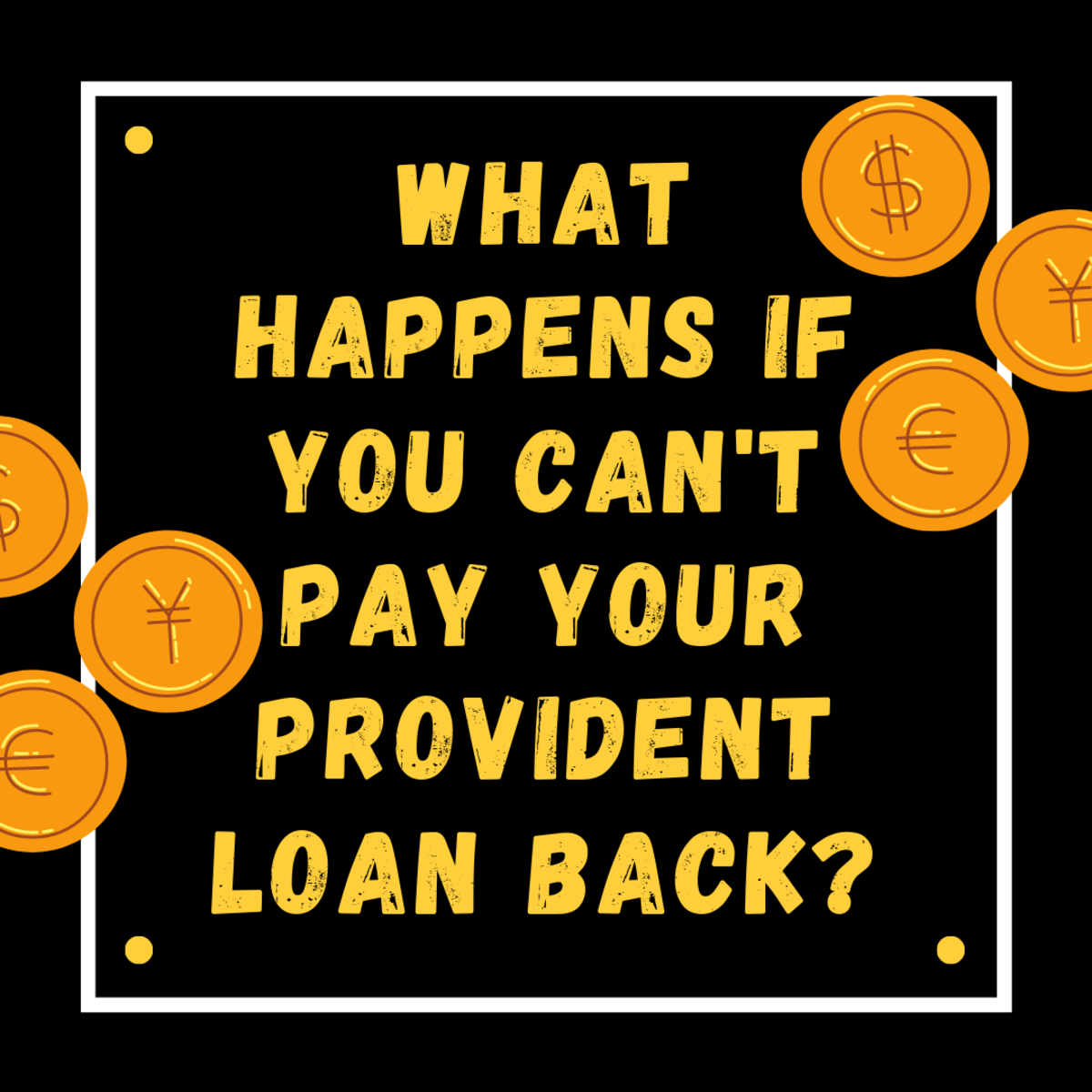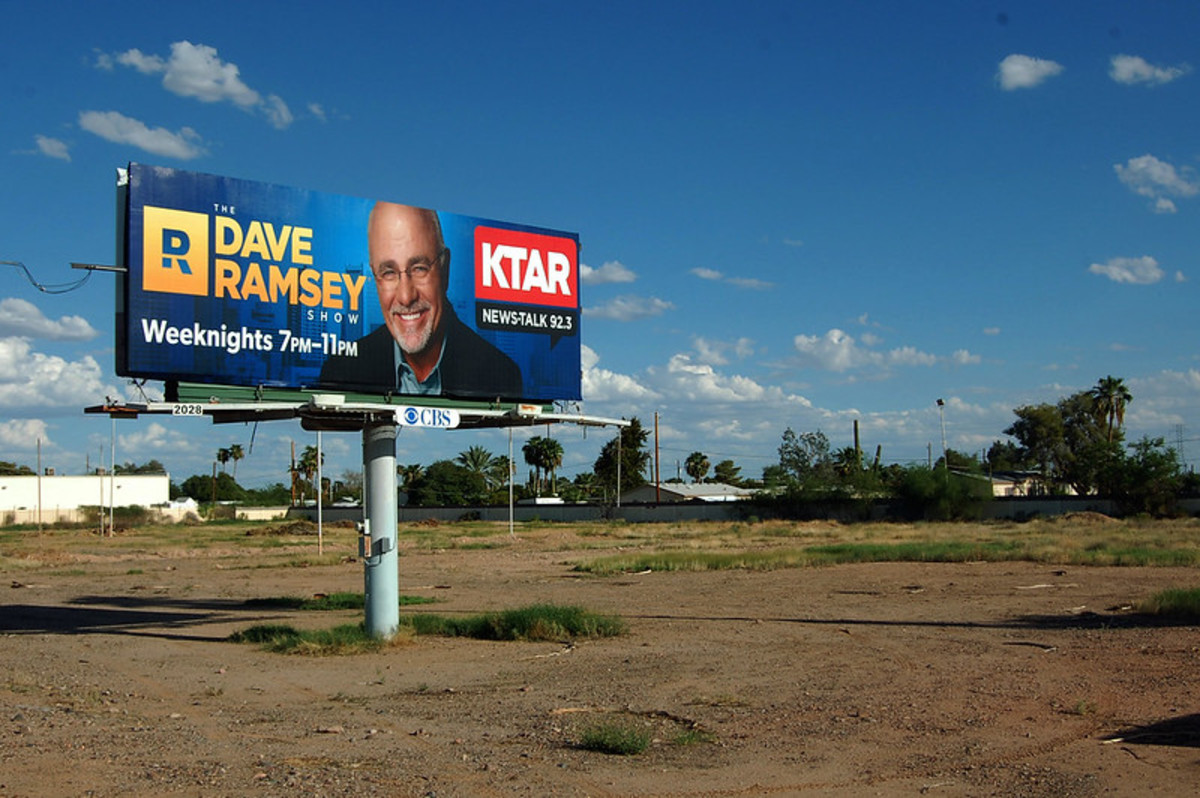Is Good Debt Really Good? What is bad debt?

Accountants use the term bad debt to represent debts that are not recoverable. In property investing, the term bad debts means debts used to buy assets, which does not generate income for you or to using Robert Kiyosaki's words "Assets that do not put money in your pocket". An example of bad debt is “car finance”. You will continue to pay on installments on car loan until the loan is cleared and at the end what you have in your hands is a 4 to 5-year-old car, condition and value of which has depreciated over that time period. The term is also used for debt taken for expenses for example travel, holidays, etc. For example, you take a travel loan for 3000 dollars, you traveled a lot, did shopping, purchased expensive items, clicked pictures, spent money on luxury suits, and finally enjoyed the trip but what you in hand is nothing rather you have debt to pay off for which you will have to work in the coming months.
In other words, bad debt is that you take to buy a liability, i.e., you need to work harder to pay off that debt. You have to pay it with your sweat and blood. Taking such a loan is like you become the employee for the person who lent you the money and work for that person to pay off the loan. Some bad debts include car loans, home or mortgage loans, loan for a buying a boat, etc.
Good Debt vs. Bad Debt: Do You Know The Difference?
The term good debt is used for debts that put money in your pockets or assets that generate income for example property investments. Some people use it to the extreme, in the sense a debt is only good, if you have positive cash flow from the property, but generally if the asset is likely to increase in value over time and is generating decent income to pay the interest on the debts, it is considered to be a good debt. For example you live in Delhi, have personal loans, car loans, etc. and take a home loan for buying a flat in Noida for investment purposes. Five years down the line, your real estate investment has given you 30% appreciation. Now you sell the house, pay off your home loan, personal loan, and car loan and have some money in hands for your future investments like mutual funds, commodities, gold, etc. or for investing in pension plans.
In other words, good debt is that you take to buy an asset, i.e., somebody else pays off that debt. You don’t need to work hard to pay it off. The rich have more debt than the poor or middle class, but it is the good debt that they take rather than hoarding up the bad debt. As rich dad said," you should treat all debt, good or bad, the same way you treat a loaded gun and that is with lot of respect. People who do not respect the power of debt are often financially wounded by it and sometimes killed. People who respect and harness the power of debt may become rich beyond their wildest dreams. Debt has the power to make you very rich and it also has the power to make you very poor.
How to pay off bad debt and convert it into good debt?
The following example is based on a real story narrated by Robert Kiyosaki, American businessman and investor. He wanted to buy a Porsche. He got the car of his dreams. He went in with the dealer and got it financed. The next thing that he did was to go looking for a property to pay for this debt. He went and found a house - a rental property, the rent out of which would pay off his loan for the car as well as that for the house, so he converted a bad debt into a good debt.
He now has a Porsche, a rental property (that still is giving him a constant cash flow) and he was able to pay off the loan for the Porsche at other’s sweat and blood. Robert has constantly said that don’t just live below your means, but also keep working at increasing the means.
In one of his books, Robert uses an example of a person on a diet who subdues his/her desire to eat and when the person has a strong temptation to eat, he eats so much that he gains a few more kgs than what he had started the diet with. This is what he says also applies to the financial life too. If we keep living miserly, then our unfulfilled desired might take over some day, so he says to keep working to increase ones’ means and hence raise the standard of living.
The general understanding is to load up as much good debt as possible and offload as much of bad debt as possible.








